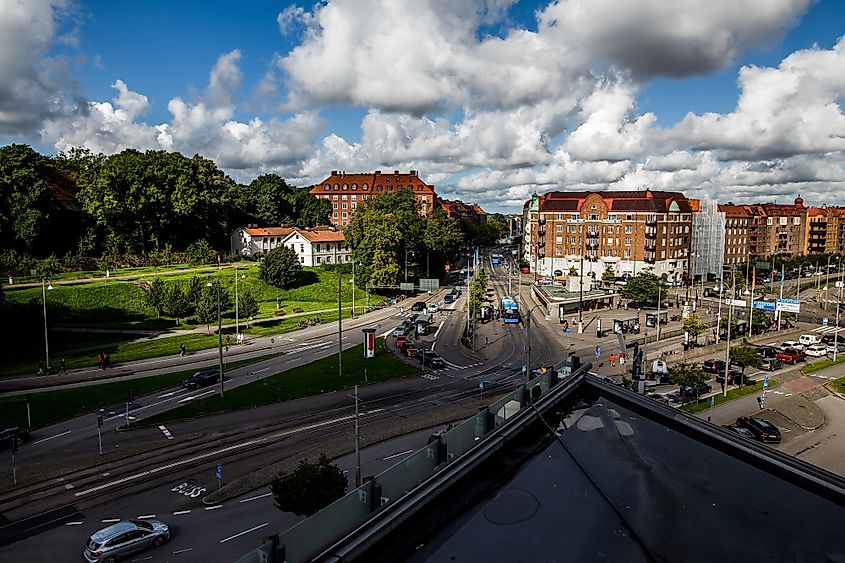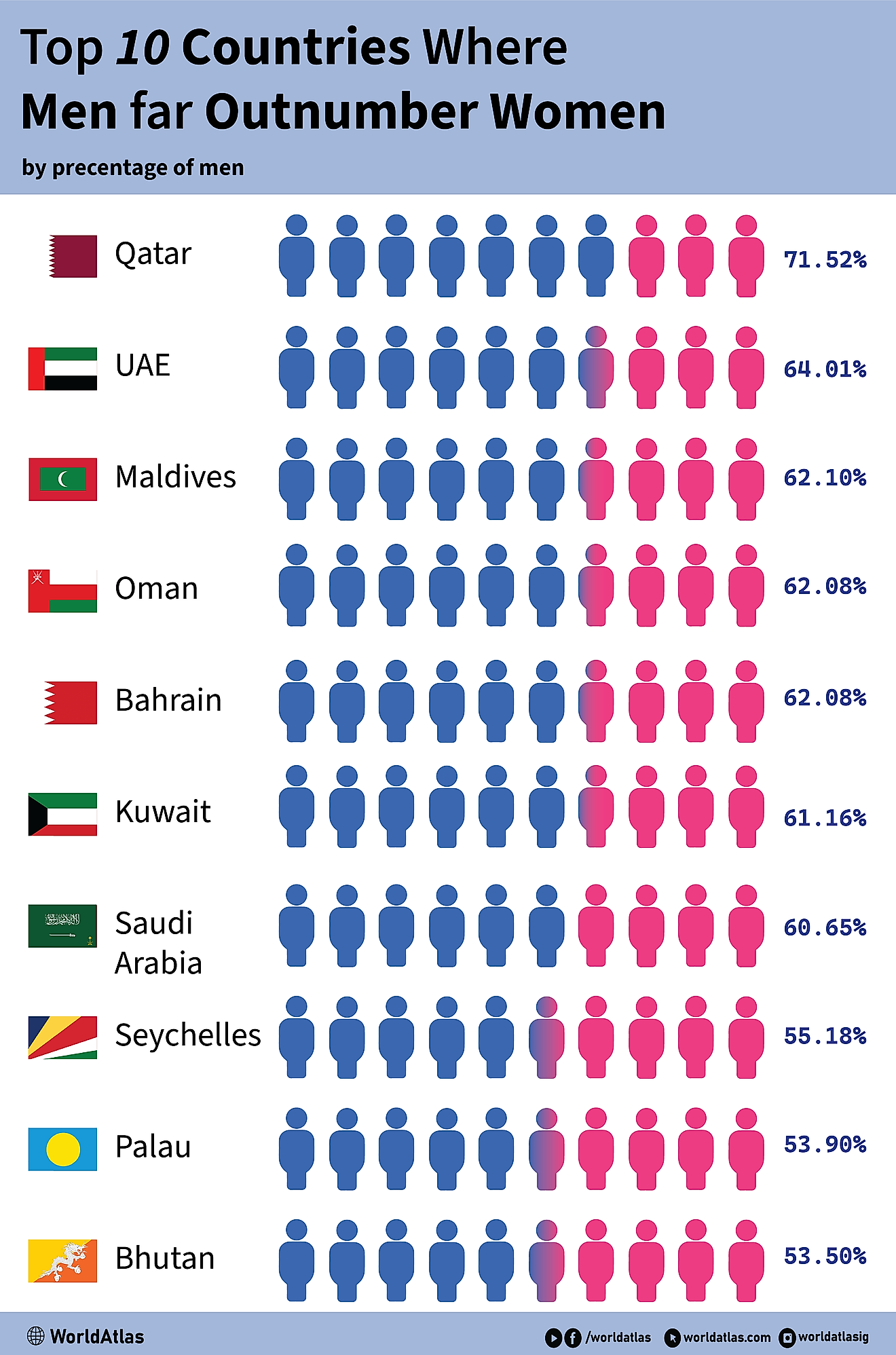
25 Safest Countries To Drive In
While global traffic deaths have been on an increase, some countries have very low rates of highway deaths. Countries with low rates of road traffic deaths are mostly the developed countries with an efficient transport system. Countries with low traffic mortalities are mainly characterized by strict enforcement of traffic laws, use of safer designs in vehicles, different lanes for pedestrians and cyclists, and low-speed limits, especially in urban areas. Countries with the lowest rates of traffic deaths in the world are:
Countries With the Lowest Rates of Highway Traffic Deaths in the World
Monaco

Monaco is one of the safest places to drive due to its strict traffic laws, well-maintained infrastructure, and highly regulated driving environment. The country has zero tolerance for reckless driving, speeding, and driving under the influence, with stringent enforcement through a highly visible police presence and an extensive network of traffic cameras. Additionally, Monaco's small size—just 0.81 square miles—makes it easier to control and monitor traffic, reducing congestion and ensuring smooth road conditions.
Micronesia, Maldives and Kiribati
These countries consist of small, sparsely populated islands, which naturally limits the number of vehicles on the road. The road networks are relatively short and simple, with most roads being low-speed and lightly trafficked. Many islands have few highways or large roads, reducing the risk of high-speed collisions. Additionally, public transportation, walking, and boating are common alternatives to driving, meaning that fewer people rely on cars for daily transportation.
European Countries

Driving in Europe is significantly safer than in many other parts of the world due to a combination of strict traffic laws, advanced infrastructure, cultural attitudes toward road safety, and efficient public transportation.
One of the biggest factors is strict traffic regulations and enforcement. European countries have lower speed limits, rigorous drunk driving laws, and strict seatbelt requirements. Many countries use automated speed cameras and police checkpoints to enforce compliance. Penalties for violations, such as speeding or driving under the influence, are often severe, discouraging reckless behavior.
Europe also invests heavily in high-quality road infrastructure. Roads are well-maintained, well-lit, and clearly marked, with extensive use of roundabouts, pedestrian crossings, and advanced traffic management systems to reduce accidents. Countries like Sweden have adopted the "Vision Zero" strategy, which aims to eliminate traffic deaths through better road design, stricter regulations, and improved vehicle safety.
Another key reason is driver training and licensing standards. Many European countries require extensive driver education, multiple driving tests, and high fees before granting a license. This ensures that drivers are better prepared and more responsible on the road.
The Rest of the World
In the United States, the annual road traffic death rate is 12.7 deaths per 100,000 people, while Canada has a significantly lower rate of 5.3 deaths per 100,000 people. One reason for the higher rate in the U.S. is that it has higher speed limits than most of Europe and Canada, particularly on rural highways and interstates, where many states allow speeds between 70 and 85 mph. This increase in speed can contribute to more severe crashes. Additionally, the U.S. has a higher percentage of large SUVs and pickup trucks, which are more prone to rollovers and can cause more severe accidents, especially for pedestrians and smaller vehicles.
Although the traffic death rate in the United States is worse than European averages, it is still below the rates of some countries with the highest fatalities, where annual traffic deaths can exceed 30 per 100,000 people. The Dominican Republic, for example, has an alarming death rate of 64 per 100,000. Driving in the Dominican Republic is considered one of the most dangerous in the world, due to a combination of poor road conditions, reckless driving behavior, weak law enforcement, and a lack of adequate traffic regulations.
Lowest Rates of Roadside Deaths Worldwide
| Rank | Country | Mortality caused by road traffic injury (per 100,000 population) |
|---|---|---|
| 1 | Monaco | 0 |
| 2 | Micronesia | 0.2 |
| 3 | Maldives | 1.6 |
| 4 | Kiribati | 1.9 |
| 5 | Iceland | 2 |
| 6 | Norway | 2.1 |
| 7 | Singapore | 2.1 |
| 8 | Switzerland | 2.2 |
| 9 | Ireland | 3.1 |
| 10 | Sweden | 3.1 |
| 11 | United Kingdom | 3.2 |
| 12 | Japan | 3.6 |
| 13 | Denmark | 3.7 |
| 14 | Germany | 3.8 |
| 15 | Spain | 3.9 |
| 16 | Finland | 3.9 |
| 17 | Israel | 3.9 |
| 18 | Netherlands | 4 |
| 19 | Luxembourg | 4.1 |
| 20 | Malta | 4.1 |
| 21 | Estonia | 4.5 |
| 22 | Australia | 4.9 |
| 23 | Austria | 4.9 |
| 24 | France | 5.1 |
| 25 | North Macedonia | 5.1 |











